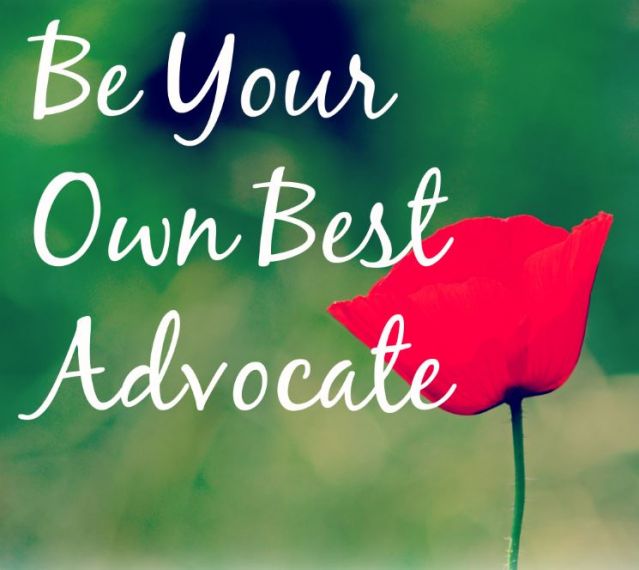
Doctors do not agree on a definition of postpartum depression.
Some are misinformed.
Some may miss the symptoms.
If doctors really understood that postpartum emotional illnesses are the most common complication of childbirth, would they continue to dismiss the symptoms?
Family members may or may not understand the seriousness of postpartum depression.
Some are naïve or unaware.
Some are in denial.
Some are scared.
If friends and family really understood the severity of postpartum depression and what was at stake, would they be able to provide unconditional support?
Let me be very clear about this:
YOU are the best person to call attention to your illness.
YOU are in the best position to determine that something is not right.
Symptoms that meet diagnostic criteria are part of the equation. Beyond the symptoms of depression that are written in medical books, there is more to consider.
To those of you who have recently had a baby, let me break it down:
If you do not like the way you feel… you might have PPD.
If you say to yourself or others, “I’m not feeling like myself”… you might have PPD.
If you are waiting to feel better by ignoring some signs and it’s not working … you might have PPD.
If you have symptoms of the blues and they last for longer than 2 weeks … you might have PPD.
If you are worried about the way you are feeling… you might have PPD.
If you are having thoughts that are scaring you … you might have PPD.
If you are beyond 2 weeks postpartum you tell your doctor you don’t feel good, or if you specify that you are feeling sad, hopeless and anxious and he or she tries to reassure you that this is normal … you might have PPD.
If you are suffering, do not wait to get that confirmed by someone, anyone, else because … you might have PPD.
If the way you are feeling is interfering with the way you normally function … you might have PPD.
If you find the courage to let your healthcare provider know how you are feeling and you feel dismissed, you need to decide whether you are going to educate that person or find another healthcare provider because … you might have PPD.
If you are finding it easier to feel hopeless, anxious, worried, or despairing right now … you might have PPD.
If you feel too tired to do the things that people are suggesting you to do feel better … you might have PPD.
If you believe that having a baby was not a great decision or not something you feel up to right now … you might have PPD.
If you are not sure, whether what you are feeling is okay or not, let someone you trust know that you are worried about the way you are feeling because … you might have PPD.
No one else knows you as well as you do. Please. Find the courage to sit with yourself and embrace your weakened spirit. Take care of your distressed self as you would take care of your best friend or your sister or your child. Push through the temptation to withdraw and fight for your wellbeing.
No one can do it as well as you can. Even when you are sick.
Be Your Own Best Advocate.
Copyright 2013 Karen Kleiman, MSW


